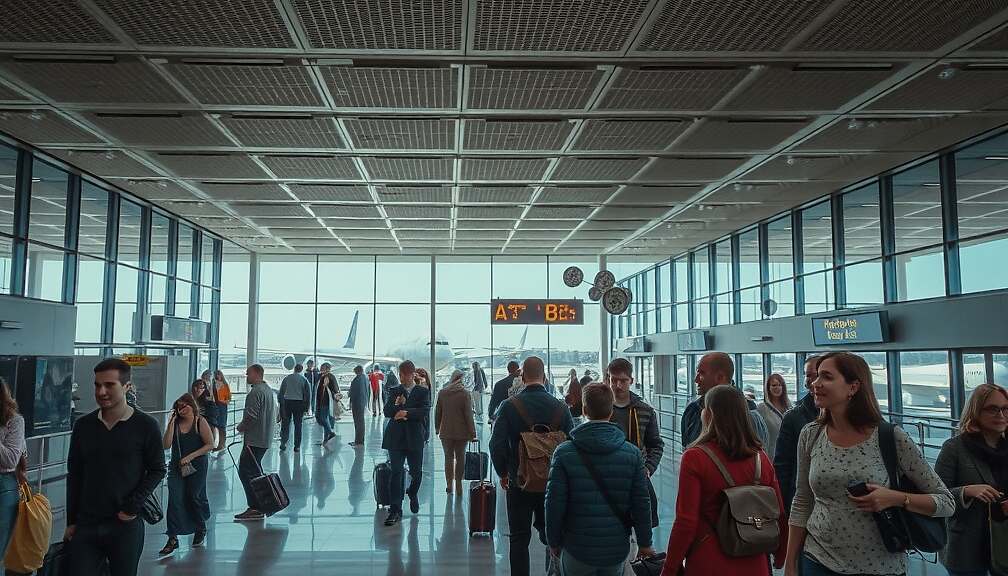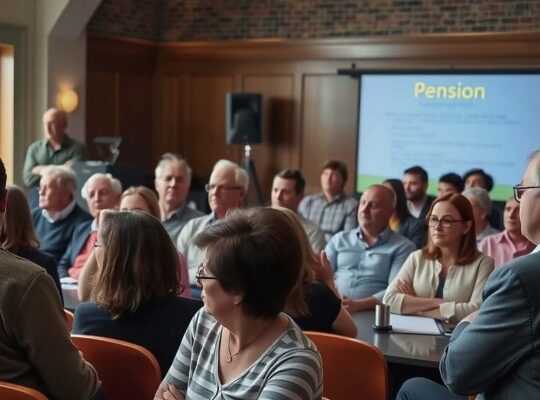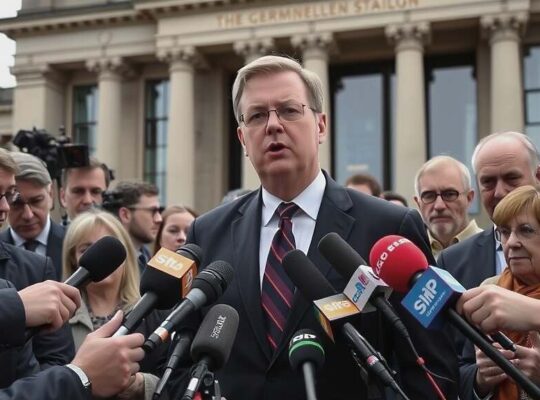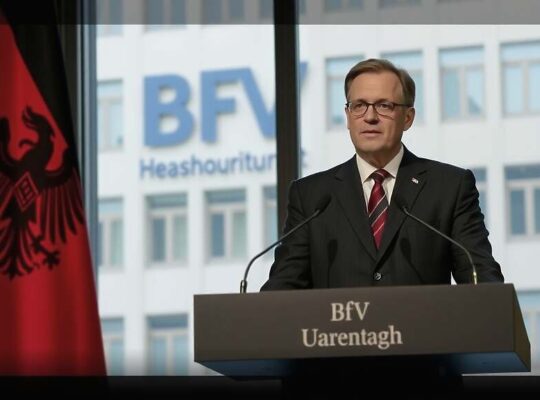The conservative bloc, comprised of the Christian Democratic Union (CDU) and the Christian Social Union (CSU), is preparing to push for a reduction in Germany’s aviation tax during the upcoming coalition committee meeting on November 13th. The move, reportedly placed on the agenda at the urging of the Union, signals a growing pressure point within the fragile three-party governing coalition and raises critical questions about Germany’s commitment to climate targets.
Sources within the Union suggest a desire to swiftly reverse the aviation tax increase implemented earlier this year, arguing it’s exacerbating the struggles of Germany’s aviation industry. The sector, the party contends, is facing debilitating cost pressures, leading to dwindling flight routes and a decline in passenger numbers, particularly impacting eastern regions. A recent parliamentary session saw Union members voicing frustration over the delayed action, highlighting the diversion of air traffic – specifically the Dresden to Prague route – to neighboring countries due to the heightened costs.
The move exposes a strategic divergence within the coalition. The aviation tax increase was initially justified as a measure to address budget shortfalls and incentivize a shift towards more environmentally friendly alternatives in the transport sector. Its rationale was intertwined with Germany’s legally binding climate targets, which the transport sector has repeatedly failed to meet since 2021.
However, the Union’s push for a rollback raises the uncomfortable prospect of prioritizing industry recovery over stringent climate action. Critiques are already surfacing, accusing the conservatives of succumbing to industry lobbying at the expense of national climate goals. The potential loss of approximately €340 million in revenue resulting from a tax reduction presents a new hurdle for the government as it struggles to balance economic considerations with its climate commitments. Prior to the meeting, preliminary discussions regarding the proposal are underway with the Social Democratic Party (SPD), a sign of the expected contentious debate within the coalition. The outcome will likely shape the future trajectory of German climate policy and the sustainability of its aviation sector.












